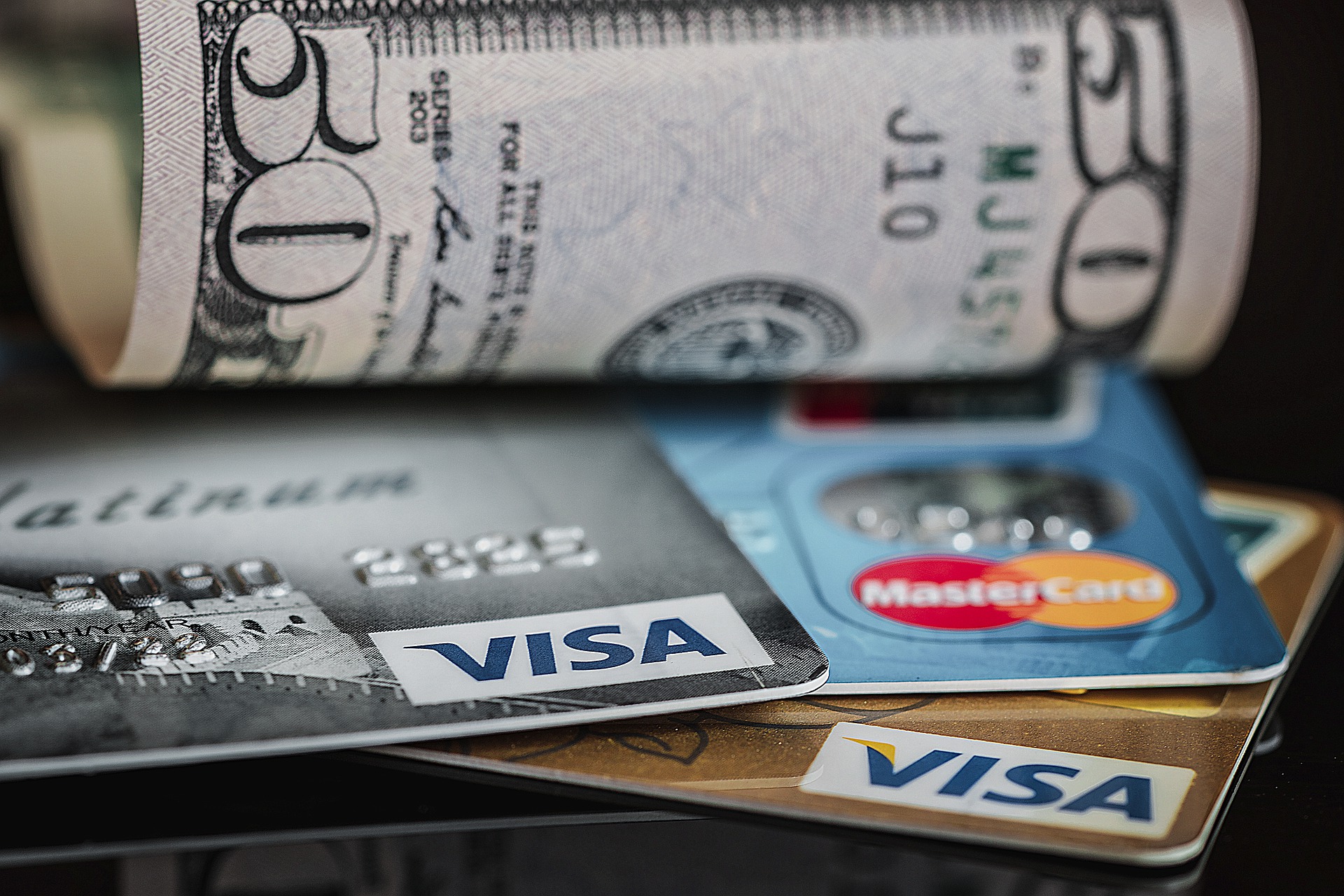
23 Oct Will my credit card account be closed if I don’t use it?
Photo: pixabay.comQ. Will credit card companies close my cards if I don’t use them after a certain period of time? If they do close them, will it reflect badly on my credit report? I’ve worked hard to get my rating back where it should be and don’t want to ruin it.
— Concerned
A. This is a great question.
You may think that it would makes sense for credit card companies to simply keep your cards open in the hopes that you will eventually use it and accumulate interest, which would go into the companies’ coffers.
This is not typically the case, said Marnie Hards, a certified financial planner with Aznar Financial Advisors in Morris Plains.
“Since most credit card companies do not charge fees for inactivity, the company will typically close out the account after about a year of inactivity,” she said. “To be safe, I suggest that you make a small charge every few months to ensure that the card is not closed for inactivity.”
Now to your credit score.
The lower your credit card balance, the higher your score — all other factors being equal — because of the focus on credit utilization, which is the percentage of the credit available to you that you are actually using, Hards said.
“Generally speaking, you do want to avoid closing out credit cards, especially those that have a high credit limit with a low balance or that you have a long positive payment history with,” she said. “This is due to the fact that closing this account could reduce your payment history and/or your available credit which could in turn reduce your credit score.”
Another way to increase your credit score is to contact your credit card company and inquire about a credit line increase.
If your credit is good, they may be able to do that for you immediately, Hards said. If you are disciplined and only use your credit card as needed, keep the balance low, and pay it off each month, this adjustment can increase your score simply by improving the credit utilization percentage, she said.
“You should also keep track of your debt-to income ratio in your effort to maintain a good credit score,” she said. “The ideal debt-to-income ratio for most people is 35% or less. This ratio is simply your total monthly debt payments divided by your total monthly gross income.”
Email your questions to Ask@NJMoneyHelp.com.
This story was originally published on Oct. 23, 2020.
NJMoneyHelp.com presents certain general financial planning principles and advice, but should never be viewed as a substitute for obtaining advice from a personal professional advisor who understands your unique individual circumstances.

